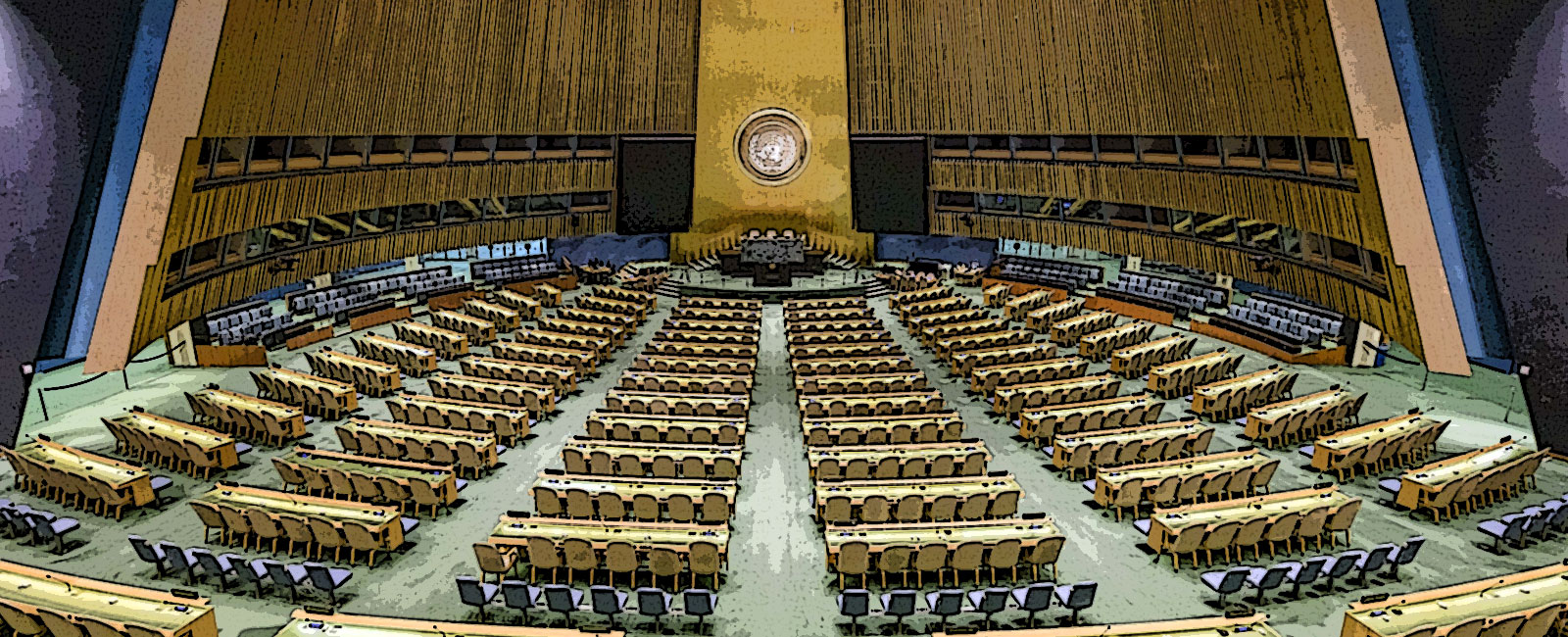Dividing Nations? 77 years on, UN still beating to rhythm of powerful few
So far UN has prevented world from any major miscalculated adventure — however, the question is can it continue to do so?

September is synonymous with the setting of the world stage at the United Nations (UN) headquarters nestled in the heart of New York City.
The annual high-level general debate of the 78th Session of the UN General Assembly (UNGA) is set to take place from September 19 to 23 and 26 on the theme of “Rebuilding trust and reigniting global solidarity: Accelerating action on the 2030 Agenda and its Sustainable Development Goals towards peace, prosperity, progress and sustainability for all”.
The primary focus of the UN since its inception in 1945 was to maintain global peace and security after the failure of the League of Nations — a predecessor of the UN — the main focus of which was preventing another world war. Failing to do so, led to its dissolution in April 1946 after existing for 26 years.
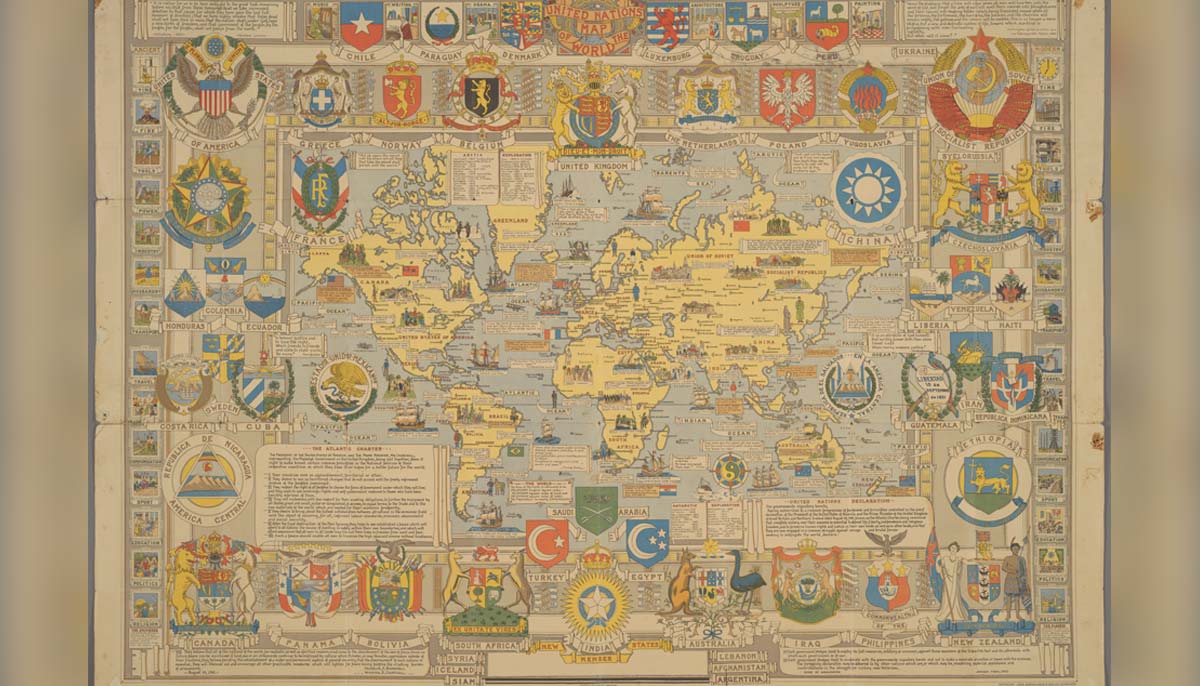
In a world fractured and divided by multiple shocks — a few key ones being the climate crisis, conflicts, and COVID — the role of the UN is ever more important to bring to the surface pertinent solutions to steer humanity out of these shocks.
This brings a few questions to the fore — is the UN even relevant in the current century or is it merely a global multilateral organ that beats to the rhythm of the powerful few (read: the Permanent Five [P5] members of the Security Council)?
In this piece, Geo.tv assesses the relevance of the UN, 78 years after it was founded. So far it has prevented the world from embarking on any major miscalculated adventure. However, the question is can it continue to do so?
Is UN relevant in a world of disruptions?
“We need to recognise that the geopolitical tensions of today are not the consequence of any weakness on the part of the UN. I believe the challenges we are facing today are the product of the nature of international relations as they have evolved in the 21st century,” said Ambassador Munir Akram, the permanent representative of Pakistan to the UN, in a Zoom interview with Geo.tv from New York.
According to him, the UN has to evolve and adapt itself to the existing issues faced by the world, but it is not just the UN’s role to adapt, the international community has to act too.
“It is important for the major powers to adhere more strictly to the principles of the UN Charter — principles of non-use of force, non-intervention, self-determination of peoples and the economic and social development of all countries and nations without discrimination,” he mentioned.
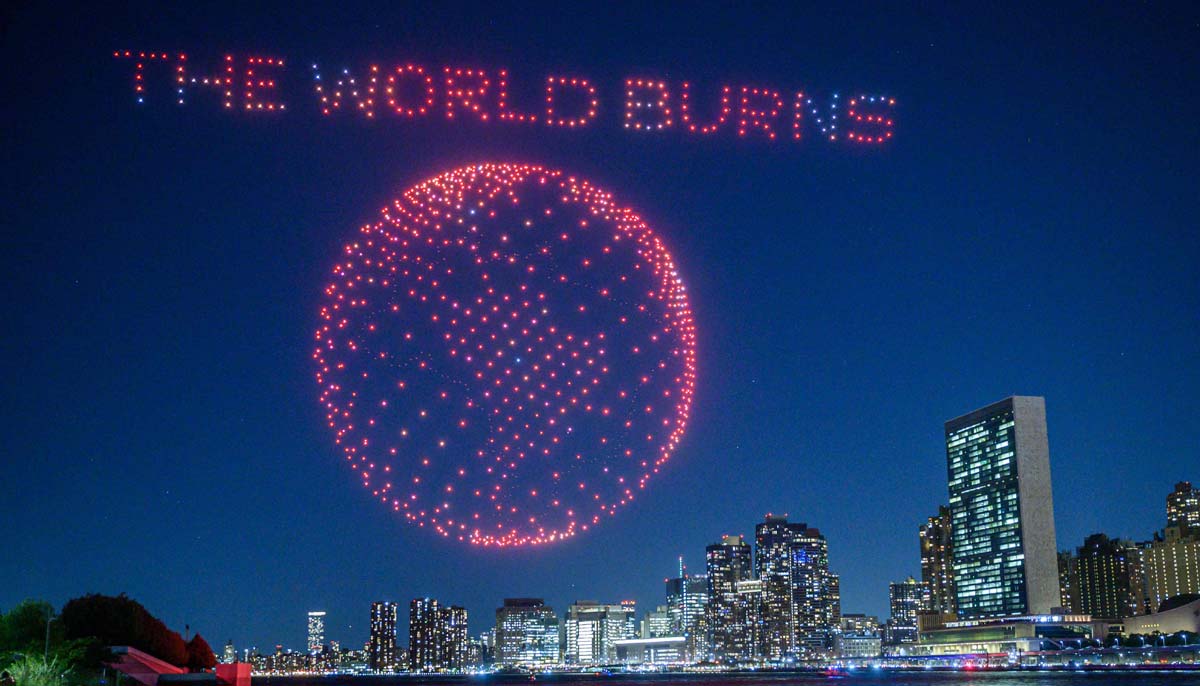
The UN, as per Michael Kugelman, director of the South Asia Institute at the Wilson Center, is one of the few global bodies that comes close to serving the mass citizenry.
“It has powerful humanitarian bodies that deliver services to the poor and needy, and that’s nothing to sneeze at. But it can go further by setting up more working groups and other entities that represent the developing world – and again the UN is already ahead of the game on this on some levels.”
But how to make the UN relevant in a world marred by crises?
“There needs to be a greater and more impactful role for members beyond the P5. So many of the world’s 21st-century challenges impact many countries, especially in the developing world; they need more of a say within the UN,” Kugelman says, which, as per him, makes the UN important with its ability to adapt to changing threats.
“But this can only work with institutional reforms, and those won’t be easy,” he adds, sharing a realistic view.
Restructuring of UN
Critics of the UN claim that its current structure is outdated especially when it comes to the Security Council (UNSC) — one of the six main organs of the UN — which is not at par with the existing geopolitical realities.
The P5, which includes China, France, Russia, the United Kingdom, and the United States — the five permanent members of the Security Council — with their power of the veto, continues to cause resentment in several quarters of the world as it doesn’t give the international body an equal representation for its members. The role of the Council, under the UN Charter is to maintain international peace and security.
Talking about the procedure to restructure the UN, Dr Shaista Tabassum, Dean, Faculty of Arts and Social Sciences, University of Karachi, said: “It is very complicated. I don’t think the big powers are in any mood to involve the smaller powers in big decision-making. Dialogues will continue to take place as they already are, but I don’t think any structural changes will happen.”
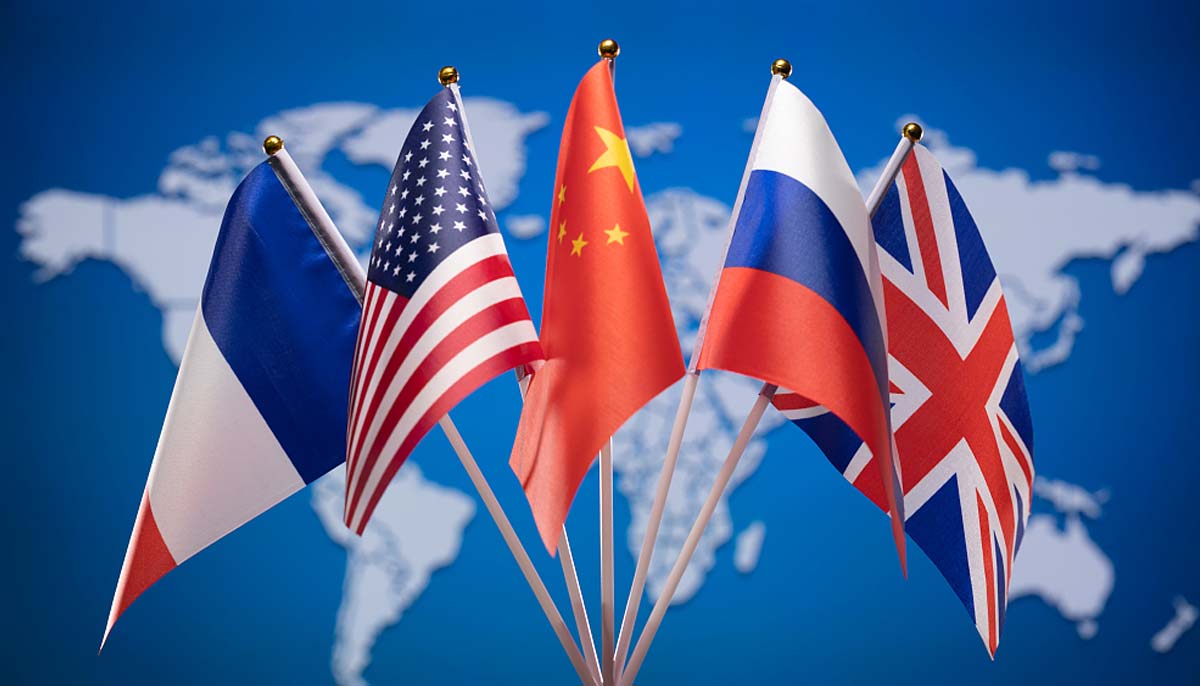
On the restructuring of the UNSC, Farhan Haq, deputy spokesman for the UN Secretary-General António Guterres, said that "the member states of the UN have called for changes in the UNSC to enhance its effectiveness and legitimacy, and the Secretary-General supports their call,” but for any changes to take place, in accordance with the UN Charter, must be decided by the member states.
“The Secretary-General believes that the UN can work as a venue to deal with the world’s challenges and reflect the interest of all the world’s nations, not simply the P5,” he added.
Ambassador Akram considered the veto as an outdated system that should not have been there in the first place, and concurring with the thoughts of Dr Tabassum, mentioned the difficulty to change the existing UNSC set-up as “the Charter amendment requires the assent of the five veto powers, and they (the P5) will not assent to anything that erodes that power and their monopoly on power so we have to work around that.”
Talking about the UNSC reforms, he said: “Pakistan and Italy are leading the Uniting for Consensus group (or the Coffee Club) and our proposals are not to focus on expanding or creating new permanent members as India, Brazil, Germany, and Japan want but we are saying that we should democratise the UNSC by adding more non-permanent members and weakening the power of the veto.
"We say the problem is the permanent membership and the problem cannot be the solution for the UNSC reforms.”
However, according to Kugelman, if the “UNSC expands its permanent membership to also include developing world powers – India or South Africa or Brazil for example — we will start to see a welcome shift in the (im)balance.”
UN — mouthpiece for great powers
While the world may be better with the UN in it, do the P5 get to legitimise their interests through the UN?
Dr Tabassum stated that the UN provides a forum to legalise the illegal activities of the powers.
"They (the great powers) conduct their power show in allied groups like the North Atlantic Treaty Organisation (NATO), and bring the (policies discussed) to the UN to legalise them, showing the world that the policies have been discussed and are passed by the UN,” she said, thus making them "legalised".
The UN was created with ‘inequality’ when the institution of permanent membership was inducted into the original UN Charter, according to Ambassador Akram.
The permanent members seek to legitimise their behaviour to prevent the international community or the UNSC from adopting decisions which are contrary to their interests.
— Ambassador Munir Akram
As per the Ambassador, for the world to move towards greater democracy and equality, steps must be taken to try and modify and constrain the power of the veto, and the power of the P5 in the UNSC — an effort that is being made by most of the countries of the South and those who are not permanent members of the UNSC.
“The permanent members seek to legitimise their behaviour to prevent the international community or the UNSC from adopting decisions which are contrary to their interests, but the UNSC isn’t the only institution. We can work around the UNSC as some countries have done in the case of the Ukraine war where Russia vetoed the resolution regarding the Ukraine war,” he mentions.
Addressing climate crisis at UNGA 78
The world is entangled in a non-traditional security threat that wasn’t part of the founding agenda of the UN. With each passing month, there are no two opinions on the climate crisis being one of the major threats facing humanity in the current century.
The high-level week of the UNGA 78 includes the Secretary-General’s Climate Ambition Summit which aims to accelerate action by governments, business, finance, local authorities, and civil society, and hear from “first movers and doers”.
Talking about the role which the UN Environment Programme (UNEP), the leading UN environmental authority that sets the global environmental agenda, Jamil Ahmad, Director, Intergovernmental Affairs at the UNEP, New York, highlighted that it was in the mandate of programme to promote a coherent implementation of the environmental dimensions of sustainable development.
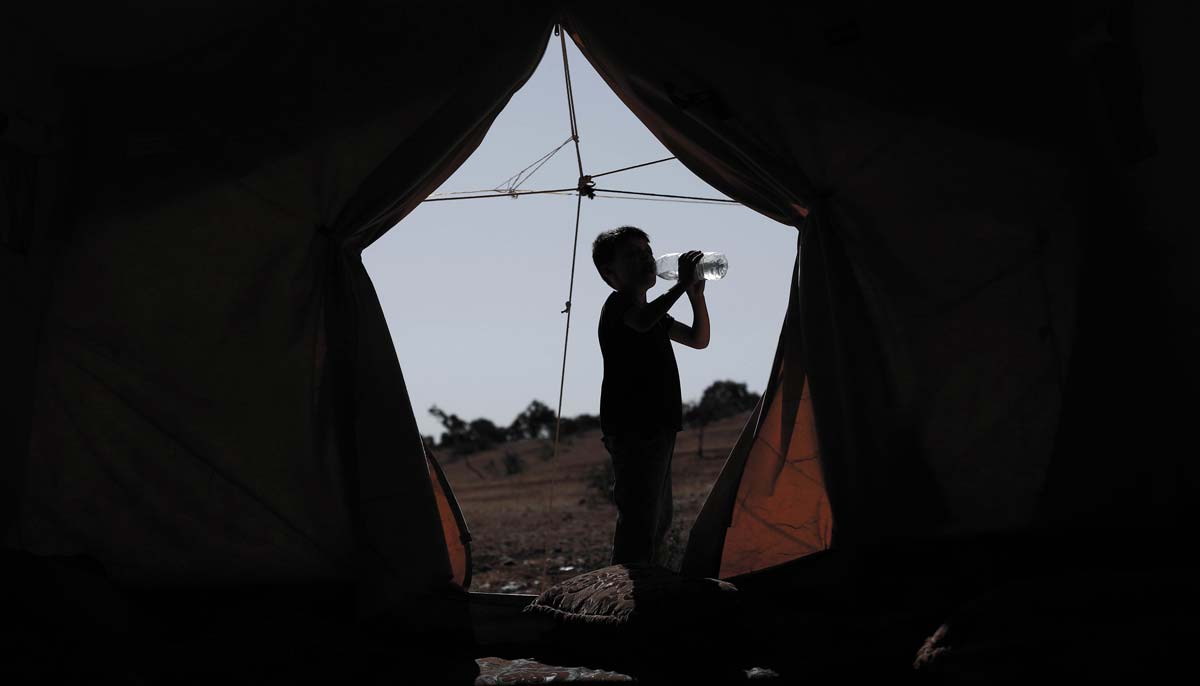
When asked how UNEP ensures that countries adhere to the environmental pledges they have made, Ahmad, said: “As far as the question of accountability is concerned, most, if not all the environmental decisions and commitments are undertaken by member states through consensus, and when they are taken through consensus, they (the member states) commit themselves, ratify all these commitments even legally, so as an advocate we promote implementation through various ways and means. Our Environmental Assembly, offices, and outreach are all geared to facilitate this implementation of environmental golden targets.”
Climate change is hitting developing countries like Pakistan very severely. Being in the top 10 most vulnerable countries on the Climate Risk Index, the country faced over $30 billion in losses last year, despite contributing less than 1% to global greenhouse gas emissions.
When asked what can countries like Pakistan do to adapt to the climate crisis, he said: “Climate change knows no boundaries, so the best way is to increase the resilience of the ecosystems on national, regional, and global levels”.
In terms of mitigation, Ahmad, an advocate of sustainability, advises that there needs to be less dependence on fossil fuels by increasing the share of renewable energy.
“The global agenda is to do more with less and to have an energy transition that can create jobs through a green transition. So, at the policy level, actions must be taken which create grounds for such transitions.”
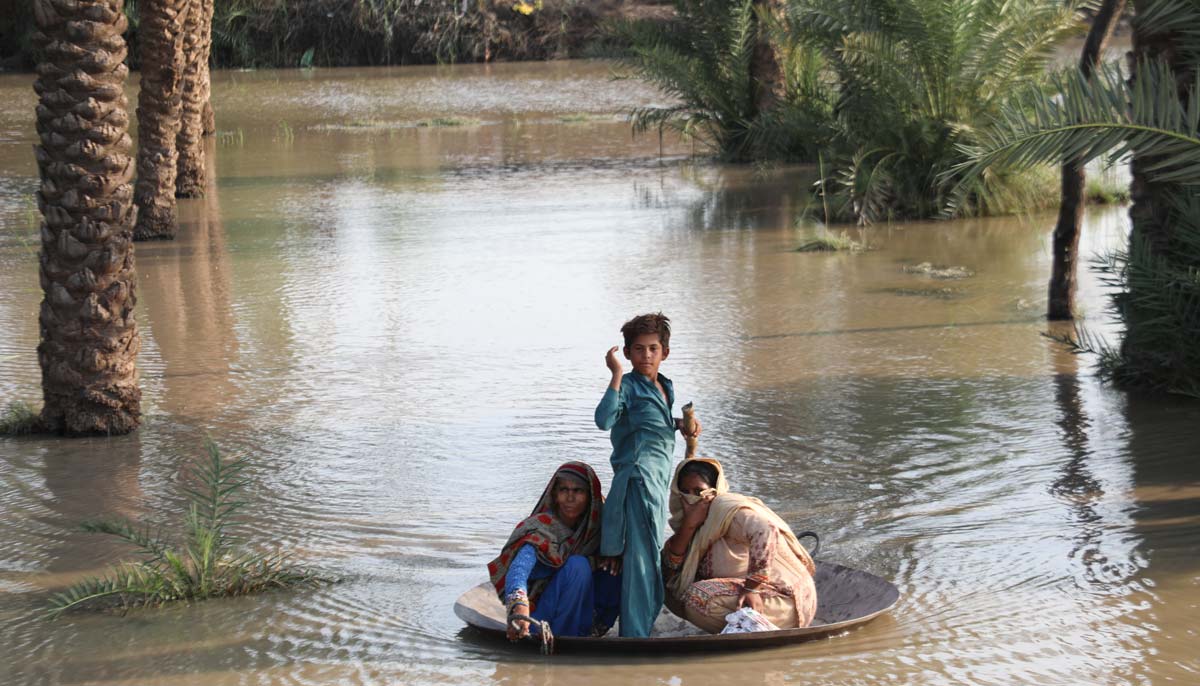
But shouldn’t the UNEP be more of a compliance body, ensuring that countries don’t fall short on their climate agreements?
“Most of the environmental agreements and treaties are voluntary in nature so the best way to expedite the implementation is to incentivise not to penalise and, in that sense, UNEP has played a proactive role in facilitating the implementation through various initiatives," he said.
According to Ahmad, the big challenge that exists for developing countries to achieve SDG13 on climate action by 2030 – now at a midpoint – is the lack of financial support.
“Because of the diversion of financing towards recovery from the pandemic and inflation, these countries are stretched so the Secretary-General again has appealed for his stimulus programme to raise and mobilise close to $500 billion for assisting these countries in implementing the SDGs.”
The next 78 years of UN…
Replying to the question if multilateralism, under the UN, holds any value in a world of shifting geopolitical sands, or will the existing status quo thrive and the weak stay deprived, Ambassador Akram said: “The UN is indispensable in many ways. The world cannot function without the UN Family of Organisations,”.
“The UN and multilateralism are essential — it’s a question of how effective we can make multilateralism, and to do so, we need the support and commitment of the entire international community including those great powers who feel they can act on their own sometimes and impose solutions that accord with their national priorities and interests, rather than those of the international community.”
From Pakistan’s point of view, a multilateral world is needed where standards are developed multilaterally with the full participation of all nations, and benchmarks are not imposed by a few powers.
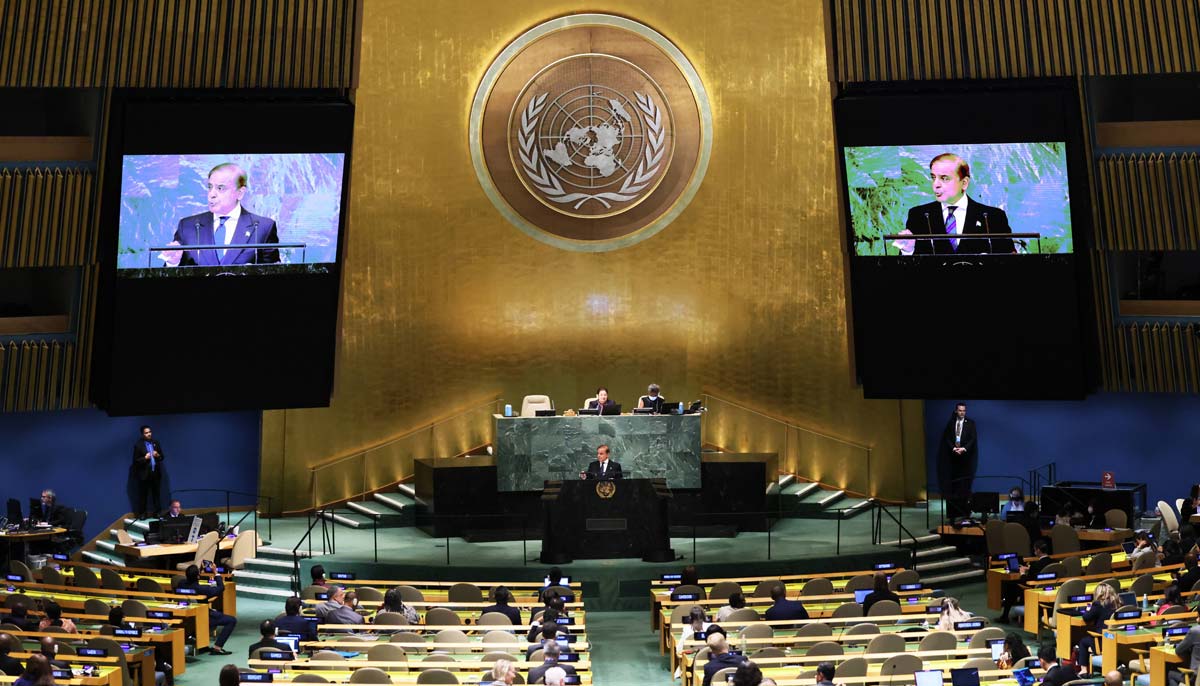
According to Ambassador Akram, the UN is not just the Security Council.
"So, we, the non-members of the UNSC also have a large voice — we just need to organise ourselves to project that voice. Countries like ours are in a position to take leadership roles and project our point of view in our interest despite the UNSC and its limited membership and its monopoly in the peace and security field. It is through the UNGA, through the larger democratic institutions of the UN that we can influence the structure of future international relations," he said.
Effective multilateralism is what the UN chief believes is required in a fractured world that faces similar problems.
“The Secretary-General believes that what is needed in the modern world is a more effective multilateralism which can bind nations together to deal with the common challenges we face, including climate change and sustainable development.
"The Secretary-General has called for concrete reforms, including of international financial institutions, so that they are better fit to deal with the challenges of today,” António Guterres' spokesperson Farhan Haq said.
Mariam Khan is a freelance journalist and a UN volunteer. She tweets @mariaamkahn



